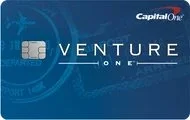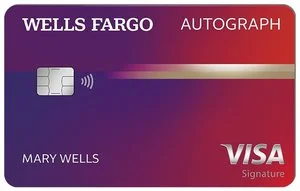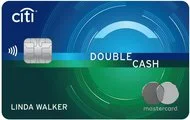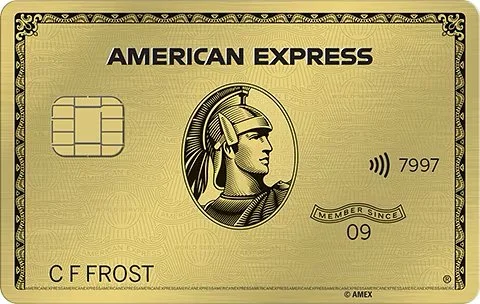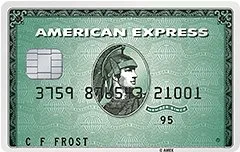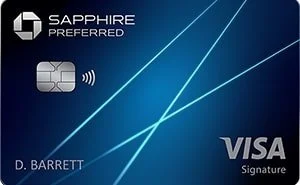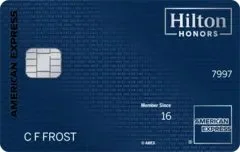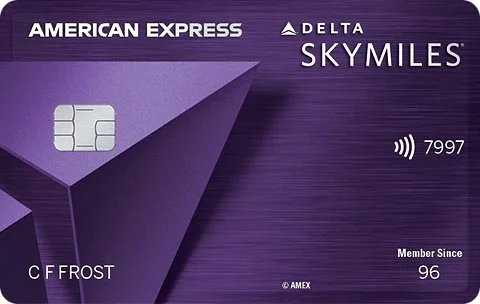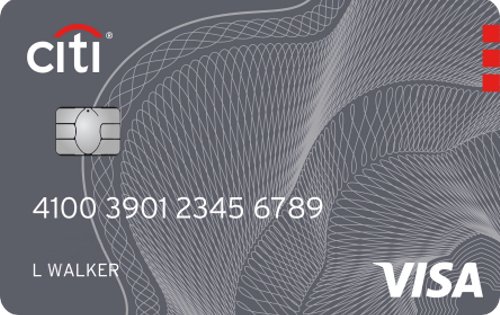A Quick Guide to Credit Cards
All of your friends rave about their Amex privileges or the incredible benefits they score through the Chase portal. But do you ever find yourself yearning for a straightforward, all-in-one guide that demystifies the world of credit cards? Look no further! In this guide, we'll sprinkle some much-needed pizzazz onto your financial decisions and provide you with clear, expert-backed reasons to help you navigate the universe of credit cards, whether you're in pursuit of prestige or practicality.
Introduction: What to know before diving in
In this blog, we will go over the basics of what credit cards are out there, and explain how you should think about your options when applying for a card. The goal of this blog post is to inform you of the credit card landscape and explain which cards you can think about adding to your arsenal over time. We will…
Go over the CC landscape and level-set the key CC families
Explore our thoughts on which credit cards are essential, and when you should think about getting them
Provide our thoughts on what we believe the average person should have and provide a list of tips we think everyone should know
This is a purely informative post to help make you, the reader, more informed on the intricacies and opportunities in the Credit Card world.
Prequel: The Basics Before Applying for Credit Cards
Your credit score -
Applying for a credit card generally launches a “hard inquiry” to your credit report. A frequent hard inquiry can bring your credit score down, so try to space out your applications if you plan to apply for more than 2 cards per year.
If you are looking to make a big purchase (house/car) soon, keep this in mind as credit scores can make or break your ability to purchase.
Many CCs have generally accepted credit scores. Make sure that you are only applying for a card if you think your credit score will be approved.
Debt -
Credit cards are tools that enable debt. You should only feel the need to engage multiple CCs if you are able to pay your balance in whole each period.
If you currently hold any credit card balances, we DO NOT recommend you to apply for me
Credit Card Families - The General Landscape
There are a few types of cards, but they ultimately do the same thing - provide you a rebate in the form of miles or points for your purchases.
The “Free” (no-annual fee) Cards
The first family of cards, and likely the first card(s) you should try to add to your wallet are the no-annual-fee cards.
These cards help you wet your feet with the world of credit cards and awards/cash back with out having to worry about an annual fee.
They will help you begin getting in the habit of using your credit cards for specific purchases, while also help you get comfortable with paying off a monthly balance while building credit.
The “Everyday” Cards
This family of cards is the most broad but important category, as your primary goal should always be to earn points.
These are “cash-back” and “rewards” cards - Given the primary goal of this blog is points and miles, we will be focusing on the “reward” card bucket.
In this category, try to start with a basic card, and work your way up to the semi-premium or premium offers, which may give you higher point multiples along with a myriad of other perks ranging from airport lounges to gym credit. The cash-back cards tend to be the most basic starter cards, but will not give you access to any points.
There are three main families when it comes to Credit Cards - American Express, Chase, and Capital One. All three have their own travel portals, so you can use your points/miles along with key transfer partners.
The “Premium” Cards
The next family is the Premium cards. These are high annual fee cards that also come with the heftiest of benefits to help recoup that large fee. These cards are often best for frequent travelers as they are often catered to provide access to lounges, concierge services, travel and hotel rebates, among more.
Not all credit-card connoisseurs need to have a premium card to maximize value - At the moment, I hold none! If the personal value is there, then go for it - otherwise, do not feel bad holding off on applying.
The “Hotel & Airline” Card Family
The last category is a catch-all but is championed by two key types of cards - Hotels & Airlines, but covers any unique expense card that might benefit you (Rent, Amazon, Uber)
If you see yourself spending a large percentage of your monthly expenses on a certain thing, look into credit card options that reward you for that.
For example, I am a United frequent flyer and thus hold a United Quest Explorer card - It gives me outsized rewards when booking United flights (5x), free checked bags, and helps me earn United status by simply swiping the card. I also have a BILT rewards card which gives me points for paying rent! Find the value that makes sense for your spending.
Below are a few examples on how this could benefit you:
Hotels
If you are someone who spends a lot of time in Hotels, these cards can be a great addition to help “double dip” on earning points as well as offer great perks such as free nights or upgrades. For example, a Hilton Honors Amex gives cardholders:
Hilton Status
14x on Hilton stays
7x on travel purchases
2x on all other purchases
Rent
The largest monthly expense for most people tends to be their rent. The Bilt rewards card allows you to pay your rent with a credit card (no 3% fee) and then earn points for that purchase. As long as you prioritize immediately paying your balance immediately, those are free points you earn on something you were already paying for. For someone with a $1500/month rent payment, that is 18,000 points, or your next flight to the beach.
There are a myriad of situations that fall into the Misfit cards, but if you can identify an expense that was already going to take place, might as well get some points (and sometimes perks) while you are at it!
Conclusion:
The four main credit card buckets are “Free Cards”, “Everyday Cards”, “Premium Cards,” and “Hotel/Airline/Other cards”
Each card you get should have a “why?”
If you are spending your money on a certain “type” of expense, consider getting a credit card that gives you points/miles/perks for the purchase

